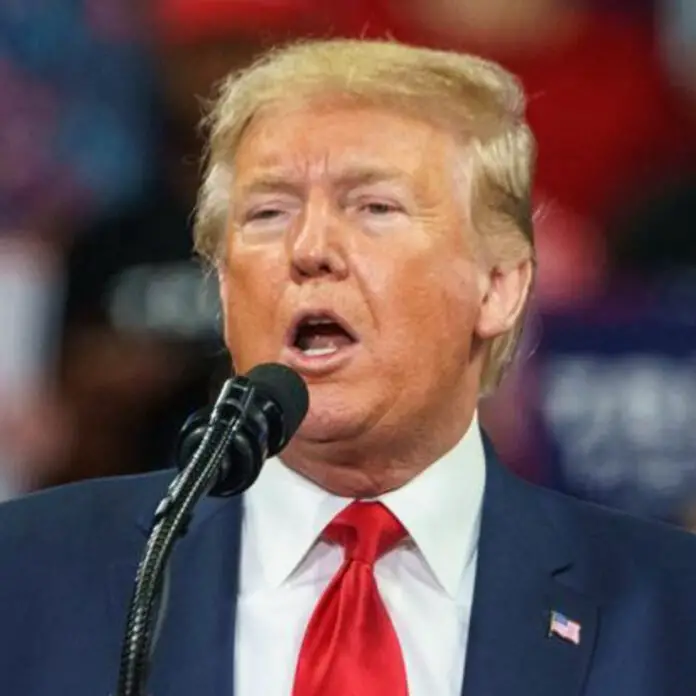President Donald Trump signed an executive order on Tuesday, March 25, aimed at increasing proof of citizenship requirements for voter registration throughout the United States.
This order signifies a major change in federal election policy, which could widely affect how Americans register to vote, especially impacting those without easy access to citizenship documentation.
Details of the Executive Order
The executive order requires the U.S. Election Assistance Commission (EAC) to revise the federal voter registration form to mandate documentary proof of citizenship, such as passports or birth certificates. This marks a significant alteration, as the current form does not demand such documentation.
The order also states that election funding will be withheld from states that fail to enforce this requirement for individuals using the federal form to register.
A previous Supreme Court decision required states to accept the generic voter registration form provided by the EAC for federal elections. Trump’s directive seeks to bypass this by altering the requirements of the federal form itself.
Furthermore, the order instructs the Department of Homeland Security to work with Elon Musk’s newly formed Department of Government Efficiency to review state voter rolls to identify any foreign nationals who may be registered. Identified individuals would be reported to state and local election officials managing the voter rolls.
The directive also calls for the Attorney General to take “enforcement action” against about 20 states, including several battleground states, that currently accept mail-in ballots arriving after Election Day, even if these ballots are postmarked on or before Election Day.
Official Responses
In response to the order, EAC Chairman Donald Palmer stated, “The U.S. Election Assistance Commission is carefully reviewing the President’s Executive Order and determining the next steps in enhancing the integrity of voter registration and state and federal elections.” Palmer also mentioned that the commission expects to “consult with state and local election officials” moving forward.
Criticisms and Concerns
The order has raised significant concerns among voting rights advocates and Democratic officials. Critics argue that requiring proof of citizenship documentation could disenfranchise legitimate voters, particularly those from vulnerable populations.
Colorado Secretary of State Jena Griswold, a Democrat, strongly criticized the order, stating, “Trump’s executive order is unlawful. It would prevent eligible Americans from exercising their sacred right to vote. The Trump administration is weaponizing the federal government and trying to make it harder for voters to fight back at the ballot box.”
Richard Hasen, an election law expert at the University of California, Los Angeles, described the order as “an executive power grab” in a blog post, warning that it potentially disenfranchises millions of voters. Hasen also stated, “The aim here is voter suppression pure and simple.”
Voting rights advocates have expressed particular concern about the directive for DHS to review voter rolls, arguing that immigration databases are not designed for such purposes and could inappropriately flag naturalized citizens for removal from voter rolls without proper safeguards.
Support from Conservative Groups
Conservative organizations have welcomed the order. Hans von Spakovsky of the Heritage Foundation’s Election Law Reform Initiative applauded the move, noting that President Trump was finally taking long-needed action to reform the election process.
The order also facilitates state access to federal databases for their own voter roll maintenance activities, a provision likely to be welcomed by Republican-led state governments that have pushed for stricter voting requirements.
Implementation and Legal Challenges
While the executive order outlines significant changes to election practices, the full impact will not be clear until implementation begins. Elections in the United States are primarily administered by state and local officials, with the federal government playing a limited role. Trump’s order uses several tools, including the threat of withholding federal funding, to push for changes to election policies.
Parts of the order may face legal challenges as implementation moves forward, particularly given existing Supreme Court precedent on voter registration requirements.

